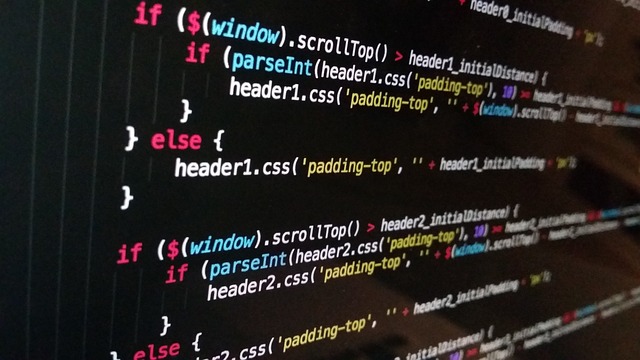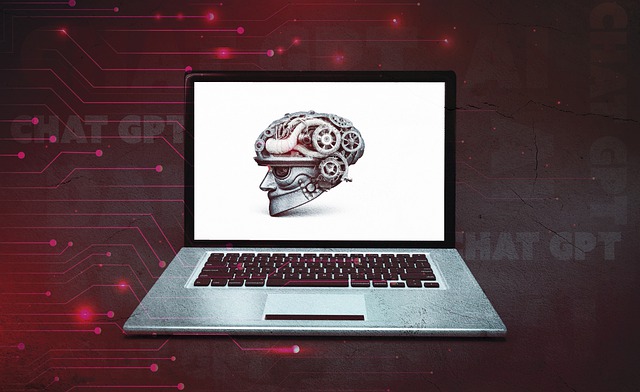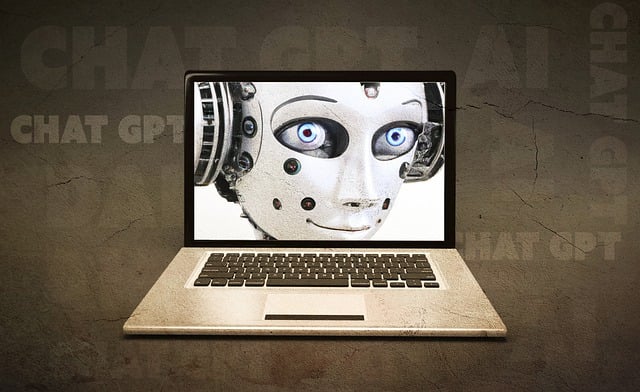Section 1: The Rise of Artificial Intelligence
Artificial Intelligence (AI) has been a buzzword in the tech world for quite some time now. From self-driving cars to virtual assistants, AI has been making its way into our daily lives, revolutionizing the way we interact with technology. But what exactly is AI, and how is it changing the future of technology?
AI is a branch of computer science that focuses on creating intelligent machines that can think and act like humans. It involves the development of algorithms and software that enable machines to learn from data, recognize patterns, and make decisions based on that information. This technology has been around for decades, but recent advancements in computing power and data storage have accelerated its growth and potential.
One of the most significant developments in AI is machine learning, which allows machines to learn from data without being explicitly programmed. This has opened up a whole new world of possibilities, from predictive analytics to natural language processing. With the rise of big data and the increasing availability of powerful computing resources, AI has become more accessible and affordable, paving the way for its widespread adoption.
Section 2: AI in Various Industries
The impact of AI is not limited to just one industry; it has the potential to transform various sectors, including healthcare, finance, education, and manufacturing. In healthcare, AI-powered systems can analyze vast amounts of medical data to help doctors make more accurate diagnoses and treatment plans. It can also assist in drug development and clinical trials, leading to more effective treatments and faster drug approvals.
In the financial sector, AI is being used to detect fraud, automate trading, and personalize financial services. With the help of AI, banks and financial institutions can analyze customer data to offer tailored financial solutions and improve customer experience. In education, AI is being used to develop personalized learning programs, identify learning gaps, and provide real-time feedback to students. This technology has the potential to revolutionize the education system, making it more efficient, effective, and accessible.
In the manufacturing industry, AI-powered robots and machines are being used to automate tasks, improve efficiency, and reduce costs. These intelligent machines can learn from their surroundings and adapt to changes, making them more versatile and productive. With the rise of Industry 4.0, AI is expected to play a crucial role in the future of manufacturing, transforming traditional factories into smart, connected, and efficient facilities.
Section 3: The Future of AI
The potential of AI is limitless, and its impact on society is expected to be significant in the coming years. According to a report by PwC, AI is estimated to contribute $15.7 trillion to the global economy by 2030. This technology has the power to create new industries, disrupt existing ones, and change the way we live and work.
One of the most significant concerns surrounding AI is its impact on the job market. With the automation of tasks, many fear that AI will lead to widespread job loss. However, experts believe that while some jobs may become obsolete, AI will create new job opportunities in fields such as data science, machine learning, and AI development. It will also free up humans from repetitive and mundane tasks, allowing them to focus on more creative and meaningful work.
Another area where AI is expected to have a significant impact is in the development of smart cities. With the rise of urbanization, cities are facing challenges such as traffic congestion, pollution, and inefficient resource management. AI-powered systems can help cities become more sustainable, efficient, and livable by analyzing data and making intelligent decisions. From managing traffic flow to optimizing energy usage, AI can help build smarter and more sustainable cities for the future.
Conclusion
AI is no longer just a concept of science fiction; it is a reality that is transforming the world around us. With its ability to analyze vast amounts of data and make intelligent decisions, AI has the potential to revolutionize various industries and change the way we live and work. While there are concerns about its impact on the job market and society, the benefits of AI far outweigh the challenges. As we continue to unleash the power of AI, it is essential to ensure responsible and ethical use of this technology for the betterment of humanity. The future is indeed exciting, and AI is at the forefront of this technological revolution.










